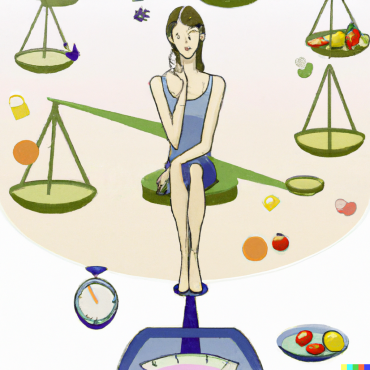We usually hear people saying, how beautiful an experience is pregnancy. Well, it surely is one of the most beautiful phases of life for a woman, but with a little bit of pain and a lot of morning sickness. Rolling out of your bed and heading straight for the toilet each morning is extremely tough. Not only it makes you feel sick and tired all day, but stops you from eating your favorite cravings in the morning.
According to statistics, somewhere between 50% and 90% pregnant women suffer from morning sickness in their first trimester. About 80% women experience nausea during the early days of pregnancy which slowly fades away by the 10th week. However, these symptoms can vary from mild tolerance for certain odors to a strong, nausea or vomiting. However, most doctors today prefer giving you medicines to relieve you from morning sickness. These medicines are mild and absolutely harmless for the growing fetus inside you.
But, what causes morning sickness during pregnancy?
Well, there are two theories that explain why women suffer from morning sickness. First theory explains that it is basically the body’s innate mechanism to protect the fetus from harmful substances. Medical theory explains morning sickness as a result of adverse hormonal reaction suffered during pregnancy.
HCG and estradiol, the pregnancy hormones are associated with NVP. All oral contraceptive pills have certain amount of estrogen in them which has high potential of causing symptoms like nausea, vomiting and also acne. Women who were on contraceptives prior their pregnancy are more prone to suffer morning sickness. The symptoms of morning sickness start somewhere around the eighth week and last for the entire first trimester or until the 20th week. It is also during this time that the pregnancy hormones are at their peak, and slowly start declining around the 12th week.
The hormonal changes occurring in the body during pregnancy slow down the intestinal motility. This build’s up the stomach acids and also decreasing the intestinal digestion, thus leading to constipation, nausea and also vomiting.
The best way to treat morning sickness is by changing your diet and its duration. Take small meals on regular intervals to avoid nausea and vomiting. This will improve your intestinal motility, avoid constipation and morning sickness. Also, talking to your gynecologist or obstetrician about your symptoms is a great way to treat morning sickness.

























































Comments